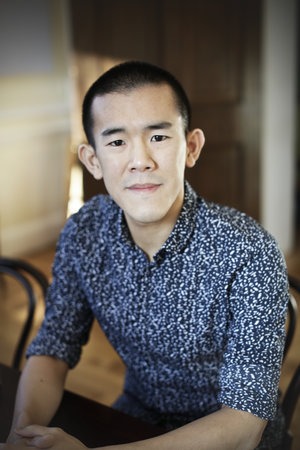

And we are only now discovering the extraordinary reach of the web of interactions spun from those turbulent processes.

They had no choice but to interact, bodily and genetically, and through the blind thrashing of evolution, with the Earth’s microbiome. The multi-celled animals and plants that emerged late in life’s story had to find accommodation on a planet where every niche was already occupied by invisible microbes. This is the point around which Multitudes pivots: precedence matters. While we might preen at how far we have come in the past few thousand years, the whole of human history is but the work of a moment next to the three or four billion years that microbes – mostly bacteria, but also their cousins among the archea and single-celled eukaryotes – have ruled the roost. The diminishment of humankind is a trajectory that I find terrifying and exhilarating and it continues apace in Ed Yong’s masterful new book, I Contain Multitudes, which tells the stories of the microbes that swarm within and around us.
O n one view, the rise of natural philosophy over the last several millennia has slowly stripped man of his God-given dominion over creation and squeezed the human species into a tiny corner of the cosmos that, through accidents of physics, chemistry and evolution, happens to be our home.


 0 kommentar(er)
0 kommentar(er)
